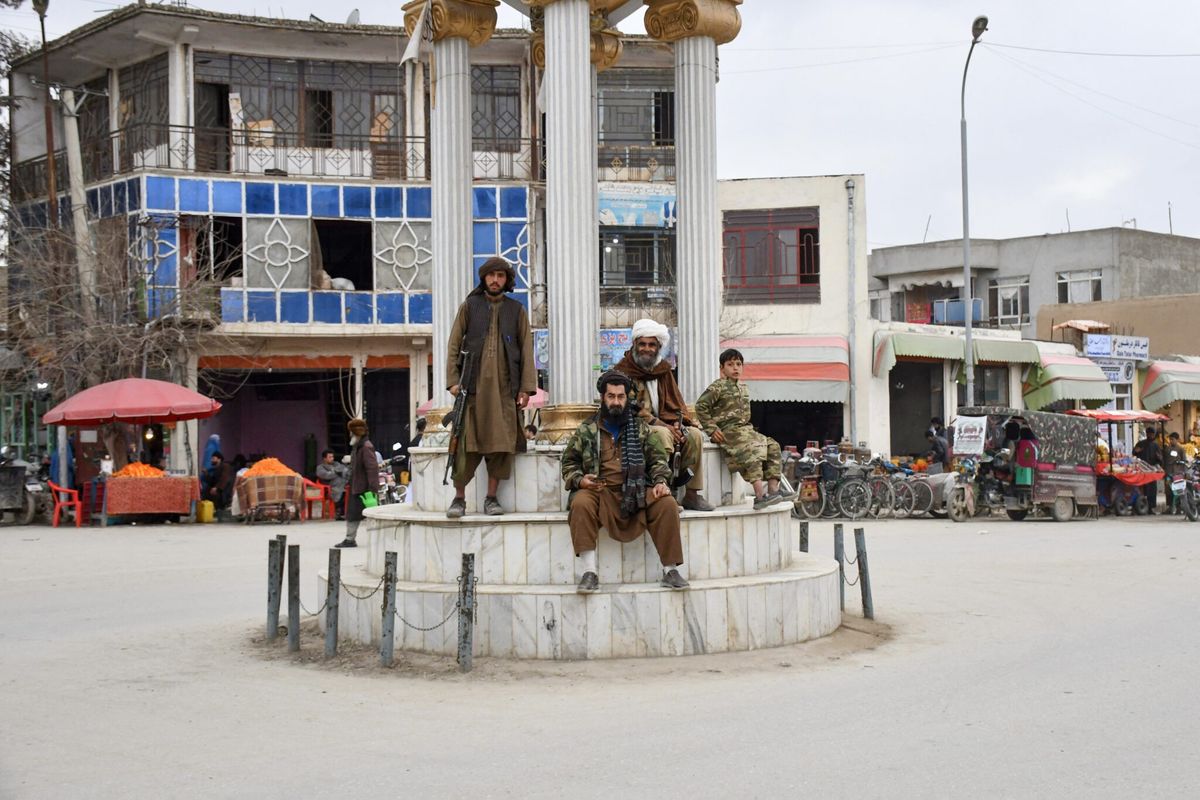Several years ago, relations between Pakistan and the United States hit a post-9/11 low. The 2011 discovery of Osama bin Laden’s compound not far from Pakistan’s premier military academy left Americans seething and suspicious. For their part, Pakistanis fulminated over a series of American “violations” of their territorial sovereignty by stealth helicopter, armed drones, and CIA contractors.
But tempers gradually cooled, and both sides recognized that narrow cooperation would suit their purposes better than none at all. Since then, Washington and Islamabad have chosen to focus on areas of agreement, such as the security threat posed to Pakistan by homegrown terrorists, rather than to rehash their many differences. This has produced superficially normal patterns of diplomatic and military cooperation. Pakistan reopened supply routes into Afghanistan, U.S. aid resumed its flow to Pakistan’s military and civilian institutions, and public criticism—by either side—has generally been kept to a minimum.
Of course, U.S.-Pakistan disputes did not disappear; they were either swept under the carpet or managed more discretely behind closed doors. A survey of these disputes begins in Afghanistan. Earlier this year, American and Pakistani diplomats found a fleeting consensus in their efforts to jumpstart talks between Kabul and the Taliban. Those talks temporarily masked fundamental disagreements over Afghanistan’s future, including the question of whether and how the Taliban could ultimately be accommodated within Afghanistan’s nascent democracy. Now that talks have collapsed, Washington is increasingly in a mood to blame Pakistan for recent Taliban battlefield gains and to sympathize with President Ashraf Ghani’s angry declaration that Afghans “can no longer tolerate to see our people bleeding in a war exported and imposed on us from outside.”
More generally, U.S. policymakers remain unconvinced that Pakistan has demonstrated sufficient will or capacity to destroy terrorist safe havens. While acknowledging that General Raheel Sharif’s army has reduced overall levels of violence in Pakistan and has fought hard to reassert its writ, the U.S. State Department still does not take the army at its word when it claims to be fighting all terrorists equally, including the Haqqani network. And because the roots of violent extremism run so deep in Pakistan, few U.S. policymakers anticipate that ongoing military operations will have more than a temporary effect unless followed by improved civil administration—in policing, justice, education, and infrastructure.
The chasm between U.S. and Pakistan on India is also growing. Until 9/11, Washington was essentially agnostic with respect to most Indo-Pakistani disputes. But as U.S.-India ties have warmed to a “strategic partnership,” Americans are inclined to see India as a fellow democracy and victim of Islamist terrorism. By failing to take clear action against anti-Indian terrorist groups, especially the perpetrators of the November 2008 attacks in Mumbai, Pakistan has lost the sympathy of many U.S. policymakers and politicians.
Even Pakistan’s internal politics have the potential to stir trouble with Washington. During the past two years, Pakistan’s army has steadily reasserted its dominance over civilian politicians. Under similar conditions in decades past, Pakistan would be ripe for a coup. Now the military is playing a savvier game, pulling the nation’s strings from behind a curtain so as to avoid the taint of dictatorship and any direct responsibility for improving governance. But this puppet show is not easily sustained. U.S. policymakers must worry about the long-term consequences of a sham democracy—especially what it means for the popular legitimacy of a state confronting Islamist insurgency—as well as the short-term potential for new political turmoil.
To be sure, Pakistan’s patience for the United States is also thin. Pakistanis cannot see a viable American strategy in Afghanistan, consider U.S. counterterror demands and democracy concerns more hypocritical and patronizing than legitimate, and fear a long-term U.S. tilt toward India. Islamabad still sees value in dealing with Washington, but places increasing emphasis on Beijing and seeks new openings with Moscow.
Expect a “focus on the positive” approach to be on display later this month when Pakistani Prime Minister Nawaz Sharif returns to Washington for meetings with President Obama and other senior U.S. officials. But don’t be fooled. Narrow cooperation should not be mistaken for genuine partnership. The disputes between Washington and Islamabad are simply too serious to be papered-over indefinitely, and the only questions are when and how they will eventually burst back into the open.













